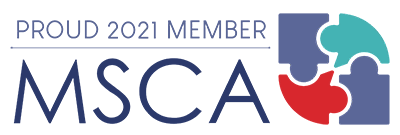Learning
Montessori approach to learning
The delivery of work and the approach to learning differentiates a Montessori education. Students engage in their learning through their whole body, they are encouraged to be active learners and utilise the Montessori materials to gain a solid grasp of concrete concepts that then move their learning to a higher state of abstract understandings.
There is a real-world purpose for undertaking learning and this is clear to all students. Work is tailored to the individual’s ability thus students regularly achieve a sense of accomplishment and are challenged to take on the unknown; it is a safe learning environment where failure is not demoralising but seen as a learning experience.Students can demonstrate their knowledge through their preferred learning styles.
Multi-age classes
Within our school, children remain in their classes for a three-year period with the same teacher and education assistant. When children enter the class, they are the youngest child and can look to the older children to encourage a wonder of learning at a higher level. In the second year they are the middle-aged child and in their third year, being the eldest in the room, they assume a leadership role helping to guide younger children with their learning and class processes. The class becomes a family group and the children form very close relationships with each other and the teacher. A love of learning is created through these strong support networks, with the opportunity to learn from and support each other.
Our Children’s House classes cater for children 3 to 6 years of age, Lower Primary 6 to 9 years of age, Upper Primary 9 to 12 years of age, Middle School 12 to 15 years of age and Senior School 15 to 18 years of age.
Curriculum
From 3 to 15 years we follow the Australian Montessori Curriculum which has been approved at a national level by the Australian Curriculum, Assessment and Reporting Authority (ACARA) and at a state level by the School Curriculum and Standards Authority (SCSA). This curriculum has been mapped to both the Western Australian and the national curriculum to ensure that all required outcomes are achieved.
In our Senior School, students gain their Western Australian Certificate of Education or secondary graduation by completing a combination of SCSA approved courses. Link to https://senior-secondary.scsa.wa.edu.au/the-wace/wace-requirements.
Cross-curricular
Content is covered in a cross-curricular approach, recognizing that knowledge is interrelated. Factual knowledge may be subject-specific but the skills needed to implement it, understand it, and relate it to one’s own experience are shared. For example, science teaches about the lungs and breathing, but this knowledge is applied in physical education, drama and music. Air quality is studied in geography, while mathematics provides skills for measurement and statistics and English supports the student’s capacity to learn and communicate this learning clearly.
Extra-curricular
Students are able to engage in a range of activities both within the class and as extra-curricular activities. A comprehensive music and arts program is offered, and individual music tuition is available(link to the Music page). Students in the Primary School study Indonesian and can choose to continue this into the Adolescent Program.
Excursions and Camps
‘Going out’ on excursions is a core part of the curriculum for students to gain an understanding of the wider community; they are the community, they have influence on their community and learn from interacting with their community. From six years of age all students undertake overnight camps to assist in the development of independence. It is through these experiences that we see children from our school develop an inner strength and a ‘can do’ approach.
Assessment and Reporting
School activities are tailored to each child’s academic, social, emotional, physical and spiritual development. Regular communication is encouraged between the teacher and family, formal written reports are distributed each semester. A range of formal and informal assessments are undertaken to ensure student progress is transparent however this information is not shared with the child as it is important for the child to know that their work is not compared to others but that they are encouraged at all times to do their best work.
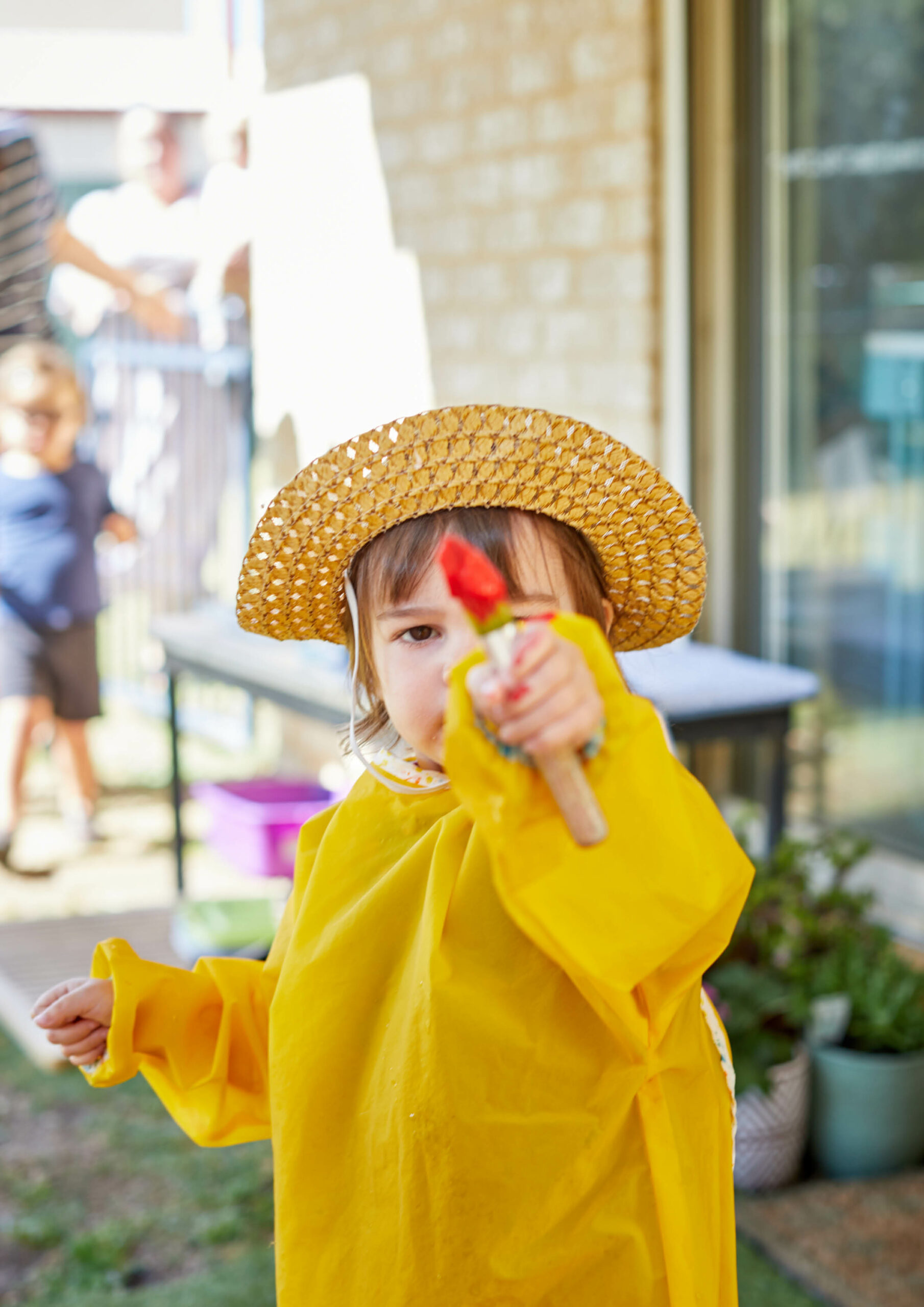
Early Years
0 - 3 Years
Our Infant Toddler Program (Playgroup) is the ideal way for your family to experience the Montessori philosophy and practice, while providing toddlers with a gentle transition to the Children’s House.
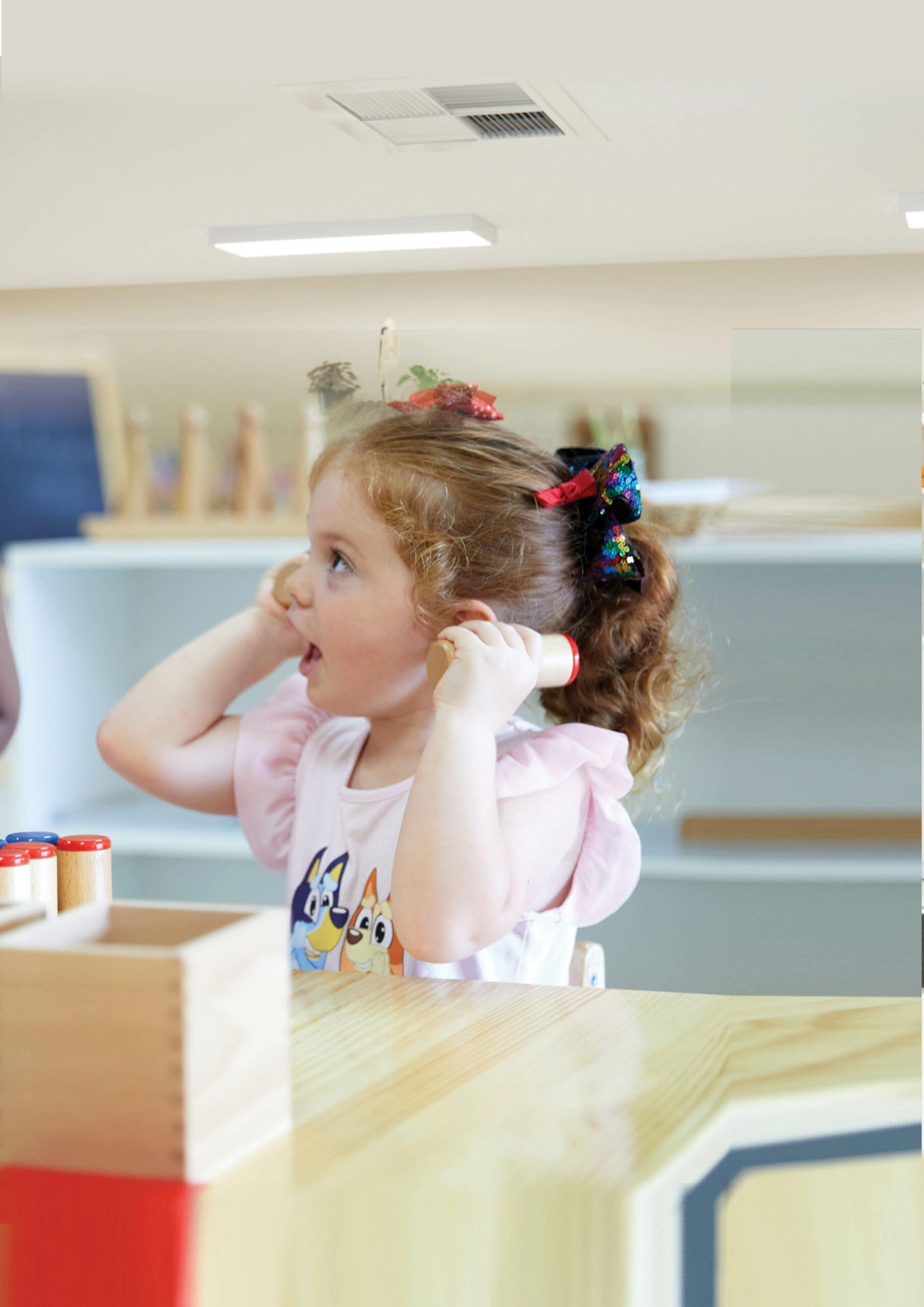
Children’s House
3 - 6 Years
Rockingham Montessori School has three Children’s House classrooms, named Dolphins, Penguins and Seahorse, reflecting our seaside location. Each is led by a dedicated and highly-trained Montessori teacher.
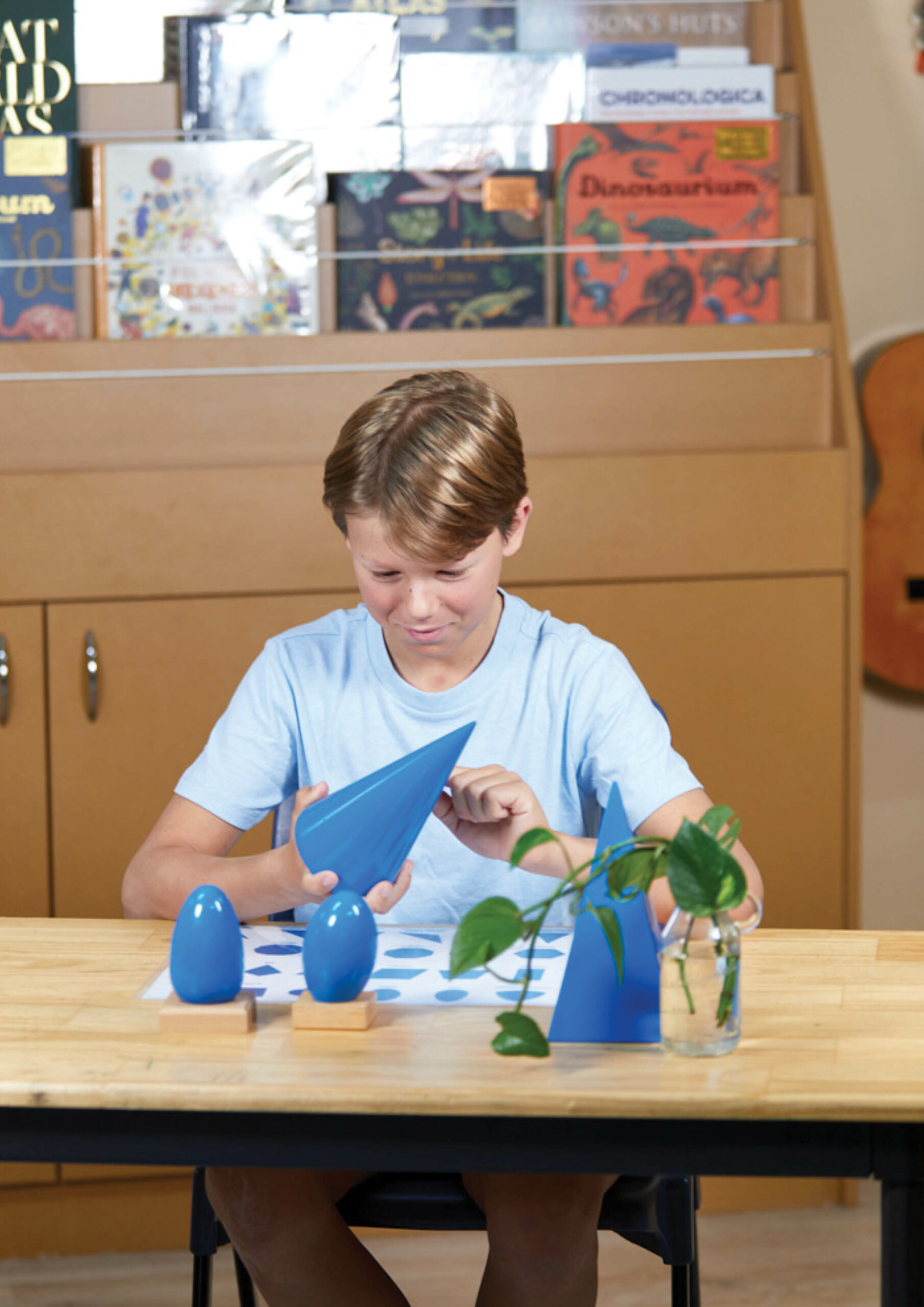
Primary Program
6 - 12 Years
Rockingham Montessori School has three Lower-Primary classrooms: Jelly Fish, Starfish and Sea Lions, continuing our ocean theme. Teachers are Montessori-trained and work with the help of an education assistant.
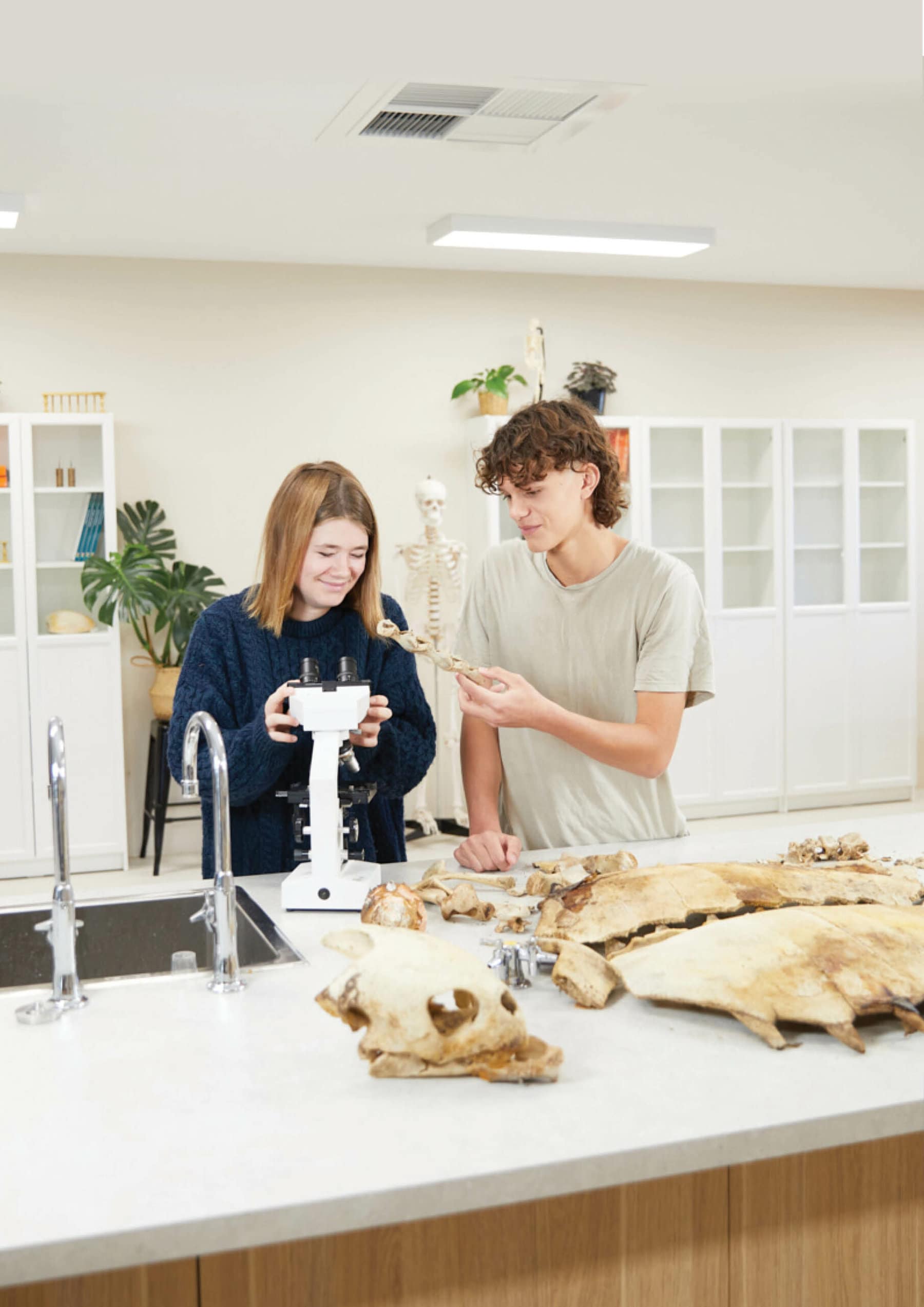
Adolescent Program
12 -18 Years
In Montessori’s third plane of development, from twelve to eighteen years old, the adolescent has a ‘humanistic mind’ eager to understand humanity and the contribution they can make to society.
